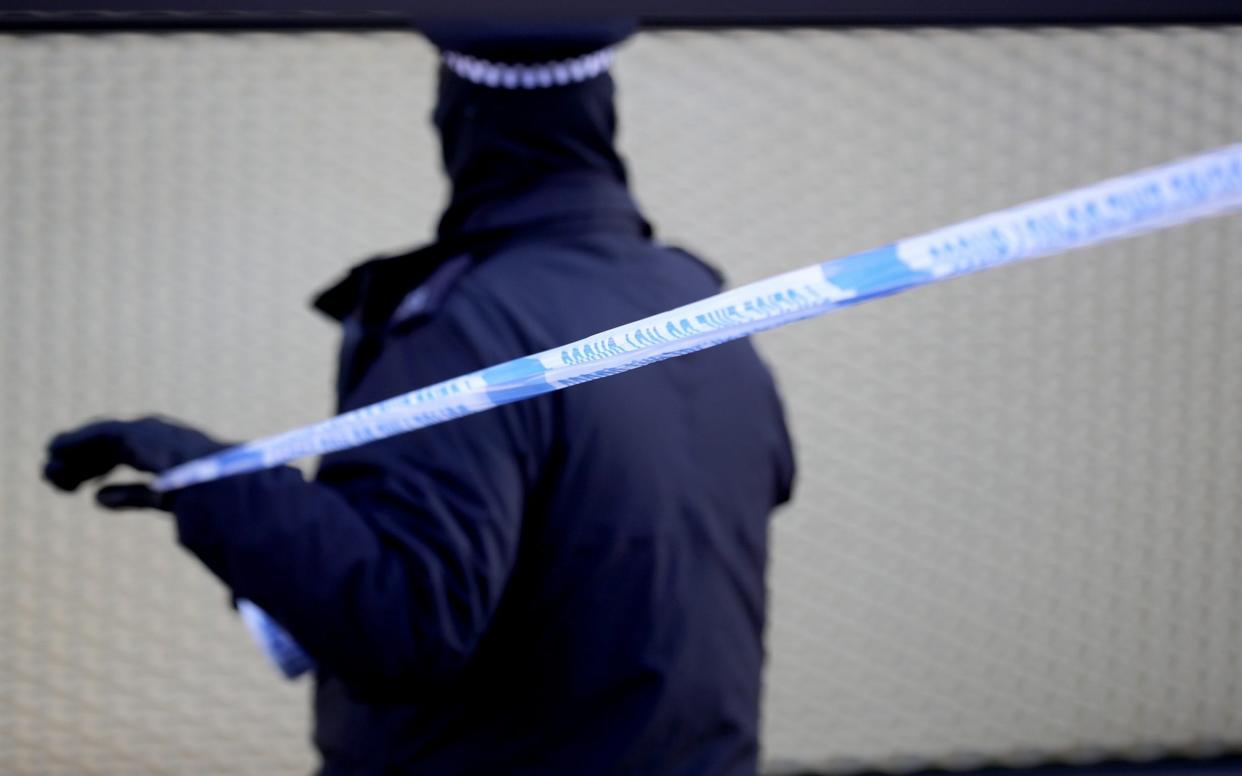Police are increasingly being called in to quell school violence, data shows

Police are increasingly being called in to quell school violence as assaults in schools soar by 72 per cent in four years, data shows.
Since 2015, police forces have received at least 27,805 reports from schools, according to information obtained by the magazine Schools Week under freedom of information requests. However, the true figure will be far higher since less than half of police forces in England responded.
Greater Manchester Police received the highest number, with 5,574 reports of assaults in schools since 2015.
Of the 1,448 reports at schools in greater Manchester, 206 cited teachers or headteachers as victims, while classroom assistants, support workers, children and students were also listed.
Earlier this year, it emerged that school staff are increasingly refusing to teach unruly children amid incidents of violence and sexual assault.
Under a “refusal to teach” ballot, staff in a particular school can take industrial action as a last resort, to protest against the behaviour of a particular pupil. They can also take action short of a strike, which could involve refusing to cover lessons for colleagues or take on voluntary duties.
A Department for Education spokesperson said that any form of violence on school premises is “unacceptable”, adding that the government has recently consulted on new school and college security guidance to support schools in dealing with instances of violence.
“Teachers should in no circumstances be subjected to abuse simply for doing their jobs and the Secretary of State has been clear that he will back teachers to enforce discipline, and give them the powers they need to deal with bad behaviour,” they added.

 Yahoo News
Yahoo News 
